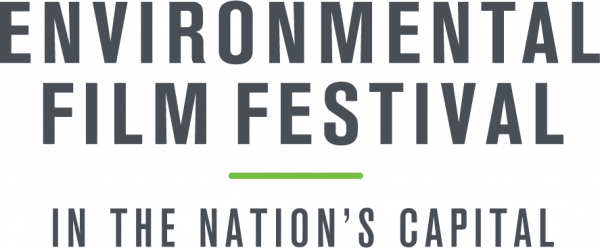SEARCH
SEARCH
|
For general questions about reservations or event details, please contact the DC Public Library location you are planning to visit. For those in need of disability services related to event registration or room reservation, please reach out to the Center for Accessibility at 202-727-2142 or DCPLaccess@dc.gov. |
Industrial Currents: How Global Manufacturing Shapes Local Environments: An evening of short documentaries with the DC Environmental Film Festival and Pulitzer Center.
At a time crucial to stopping the advance of global warming, corporations play a key role in both the destruction and protection of our environment. Join the Library, the DC Environmental Film Festival, and the Pulitzer Center for a series of short films spotlighting how the lack of transparency, bad governance, and in some cases corruption are exacerbating environmental destruction. Local communities are left to deal with the consequences of global supply chains, attempting to protect their health, homes, and livelihoods with little information and support.
An investigation by grantees Billy Ntaote, Sechaba Mokhethi, and Nicole Tau of the MNN Centre for Investigative Journalism uncovers how first world consumer choices pollute the environment in Lesotho. Negligence and corruption have resulted in a lack of regulation of textile factories in Maseru and Maputsoe, in disregard for labor laws. Factories pollute with apparent impunity as tests confirm that factories release toxic wastewater into water courses, including the Mohokare/Caledon River.
Burning plastic releases toxic substances that will remain in the environment for hundreds of years, with deleterious impacts on human and ecosystem health. Yet open burning is one of the most common methods for eliminating unwanted waste in a remote island nation besieged by a plastic tide. Less than a third of Fiji’s plastic waste is locally produced. The rest drifts in with ocean currents from as far away as South Africa and Mexico. It must be disposed of, wherever it comes from, and burning is often the simplest option.
The Financial Times partnered with the One World Media fellowship program to publish the work of filmmaker Pawanjot Kaur, who tells the story of the people who live in Jharkhand, a major coal mining region of India. The film highlights the citizen-led groundwork intended to transition Jharkhand’s coal community to newer means of livelihood.
The Pulitzer Center’s mission is to champion the power of stories to make complex issues relevant and inspire action. Founded in 2006, the Center is an essential source of support for enterprise reporting in the United States and across the globe. The thousands of journalists and educators who are part of our networks span more than 80 countries. Our work reaches tens of millions of people each year through our news-media partners and an audience-centered strategy of global and regional engagement.
